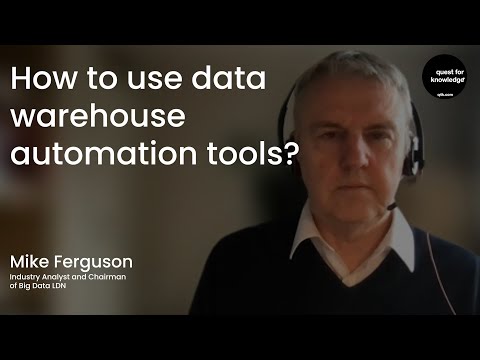Automation First as a Data Strategy
Traditional data warehouse efforts have been time-consuming and resource-intensive, often plagued by manual processes and complex workflows. However, an automation-first approach revolutionizes this landscape by leveraging cutting-edge automation technologies and techniques.

Quest for Knowledge Welcomes WhereScape in its Modern Data Architecture.
Every day, since 1999, Quest for Knowledge is working on improving the return on data. We were the first company in Europe to partner with gurus like Ralph Kimball, deploying activities in the Benelux and Sweden. Today, that attitude is unchanged: we constantly look for best practices and solutions in analytics. This resulted in the mastering and implementation of modern data and analytics architectures. Our partnership with WhereScape completes the execution of that vision to deliver fast, reliable and scalable data automation solutions for data warehouses in all flavours.

